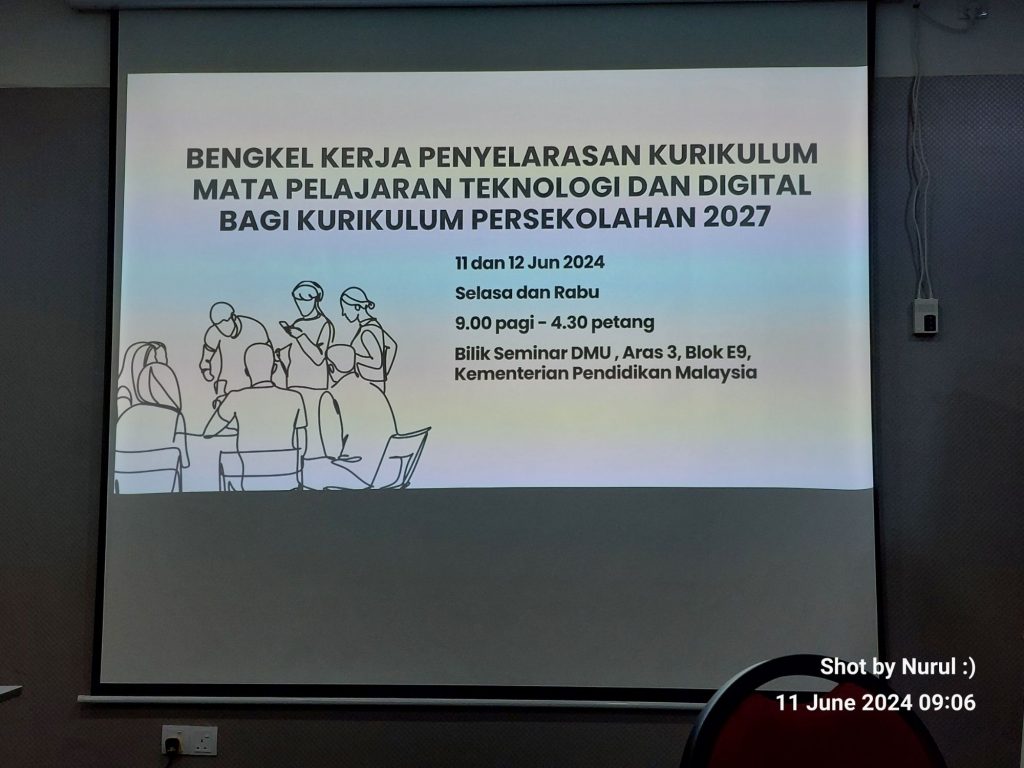
Bengkel Kurikulum Digital 2027

The world is digital, but life is analog..

All the best everyone
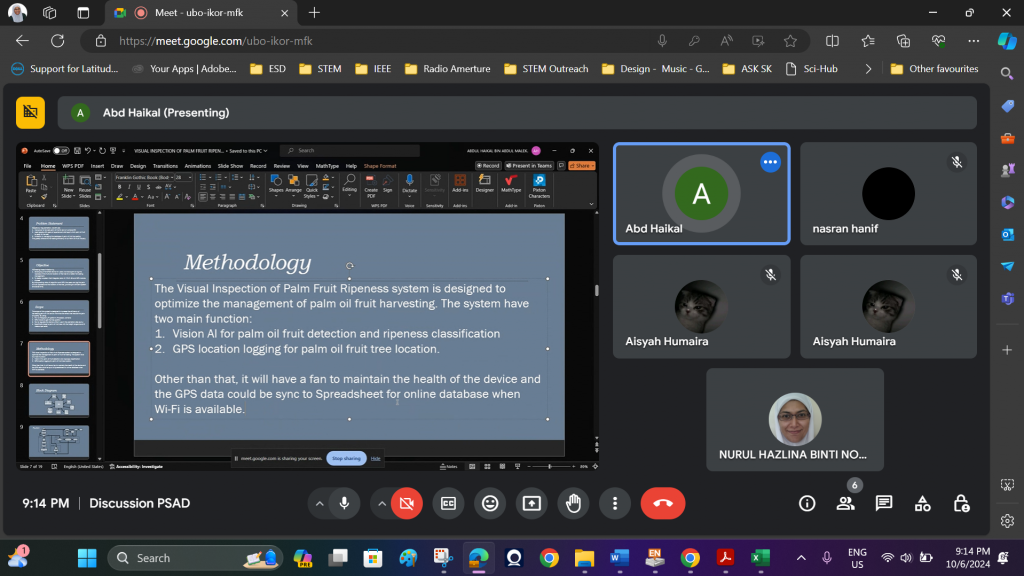
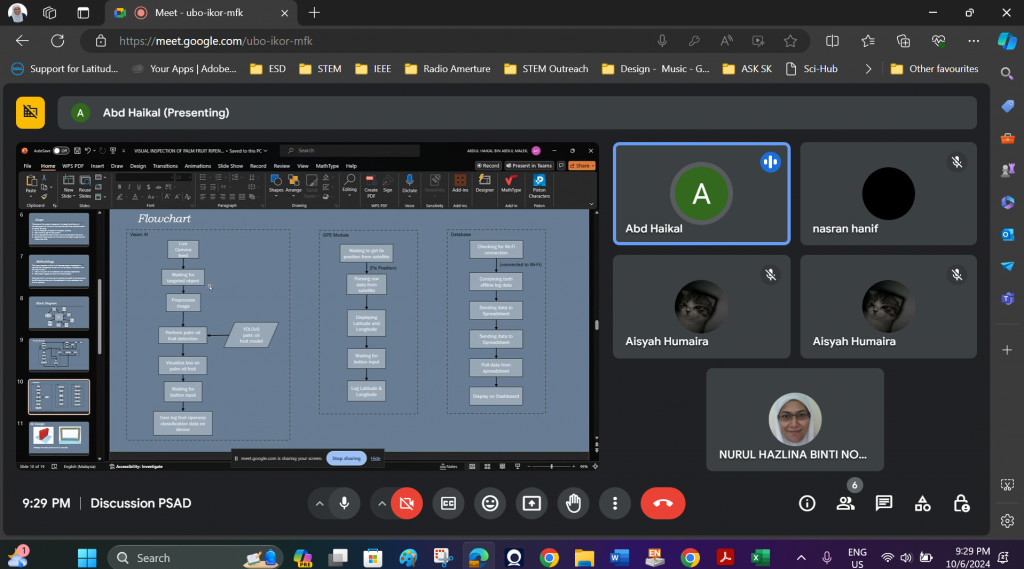
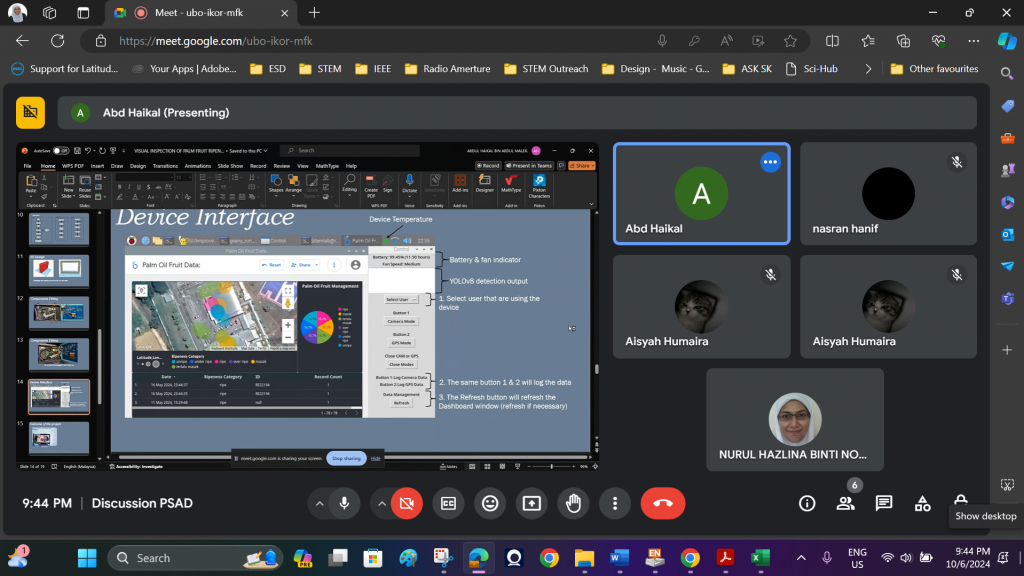
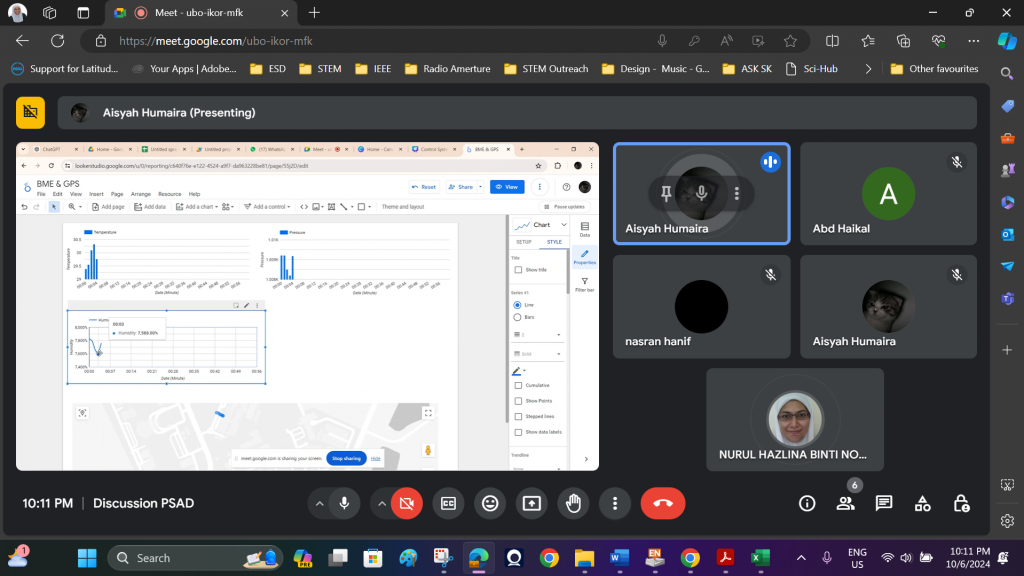
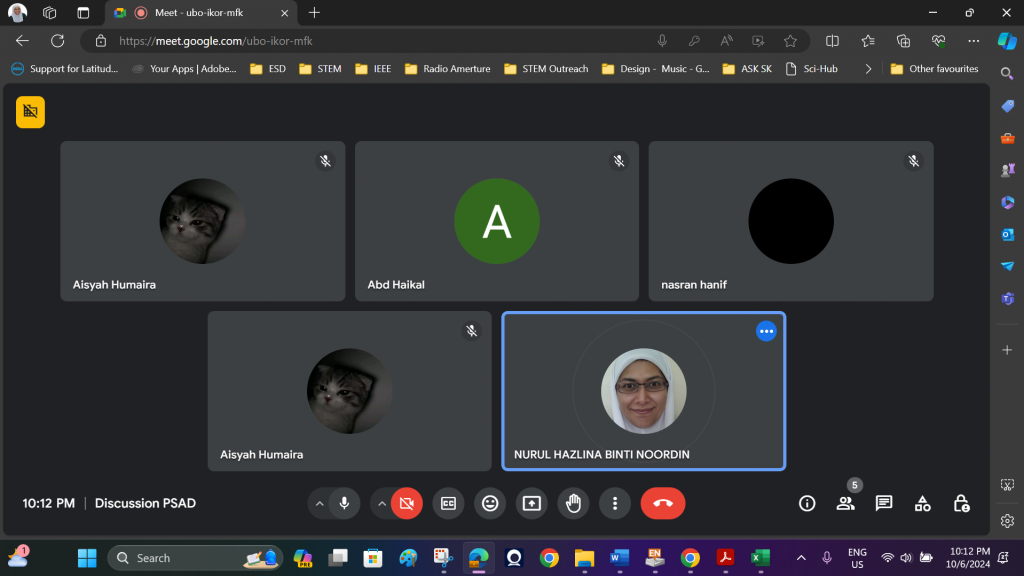
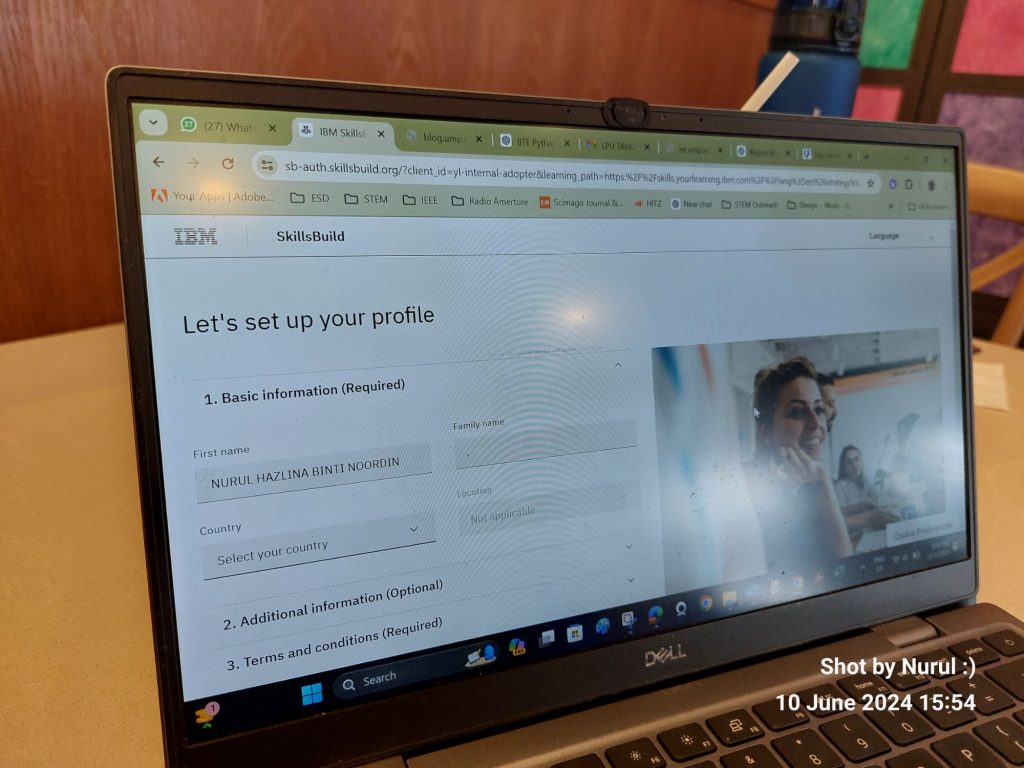
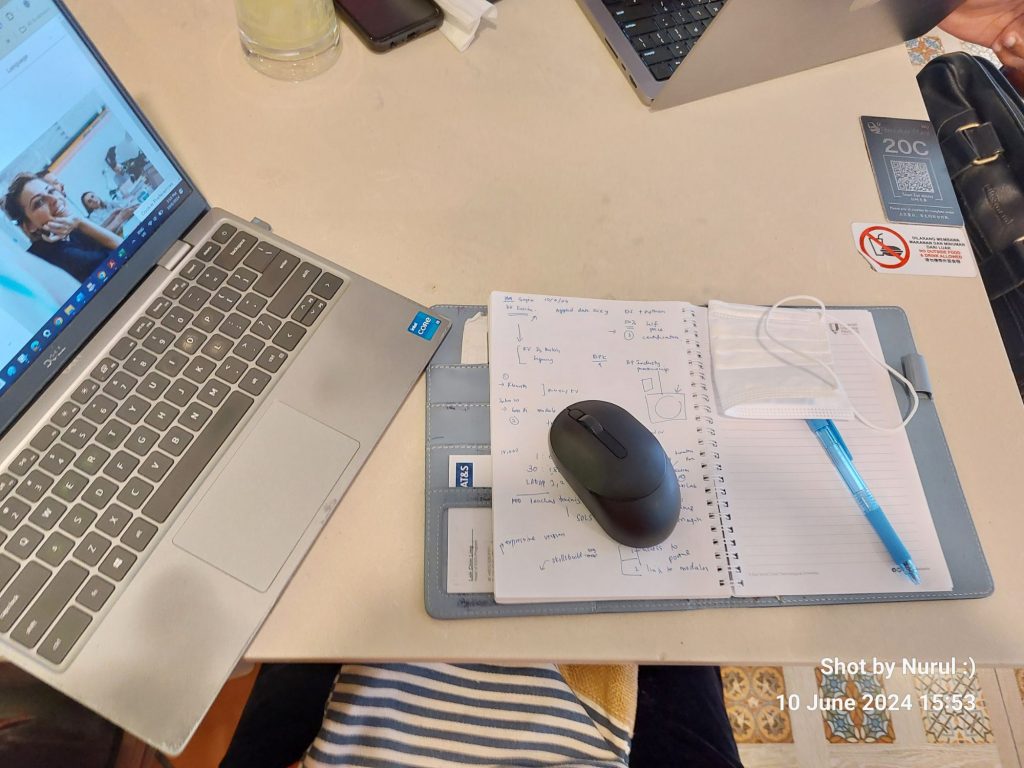
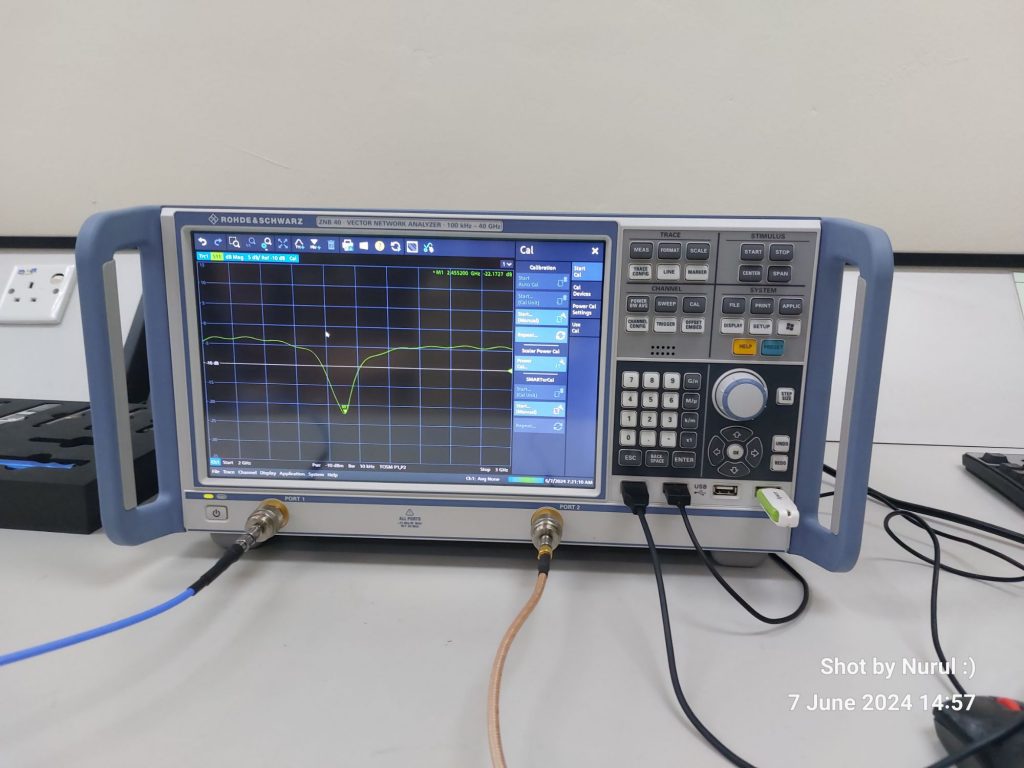
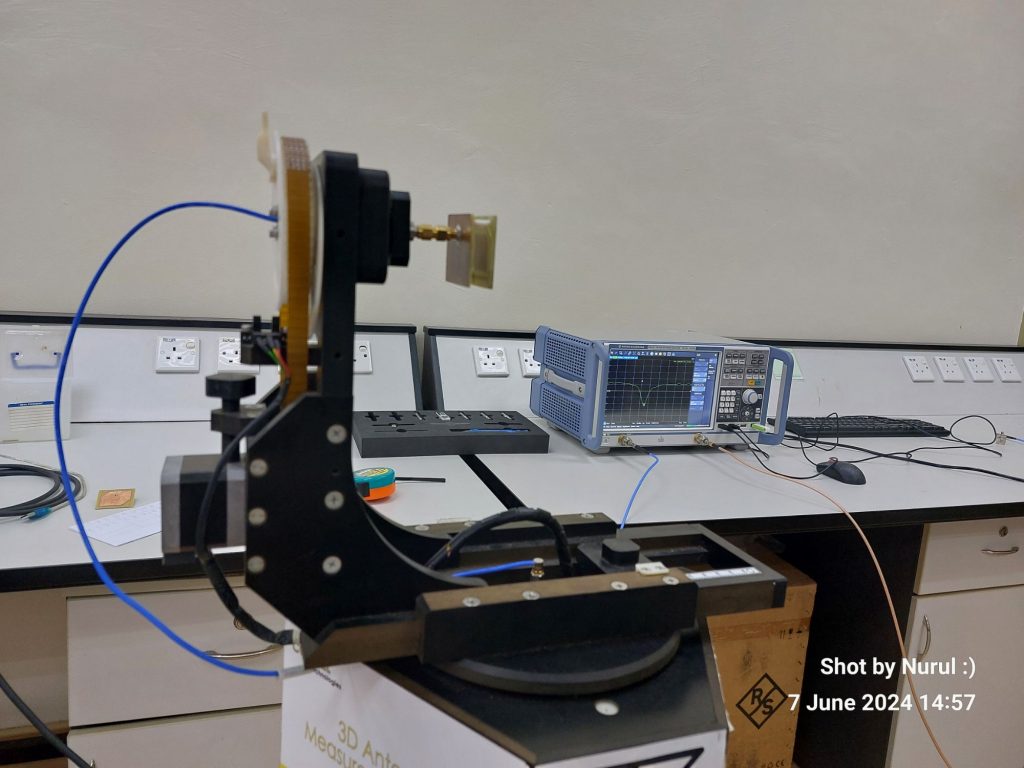
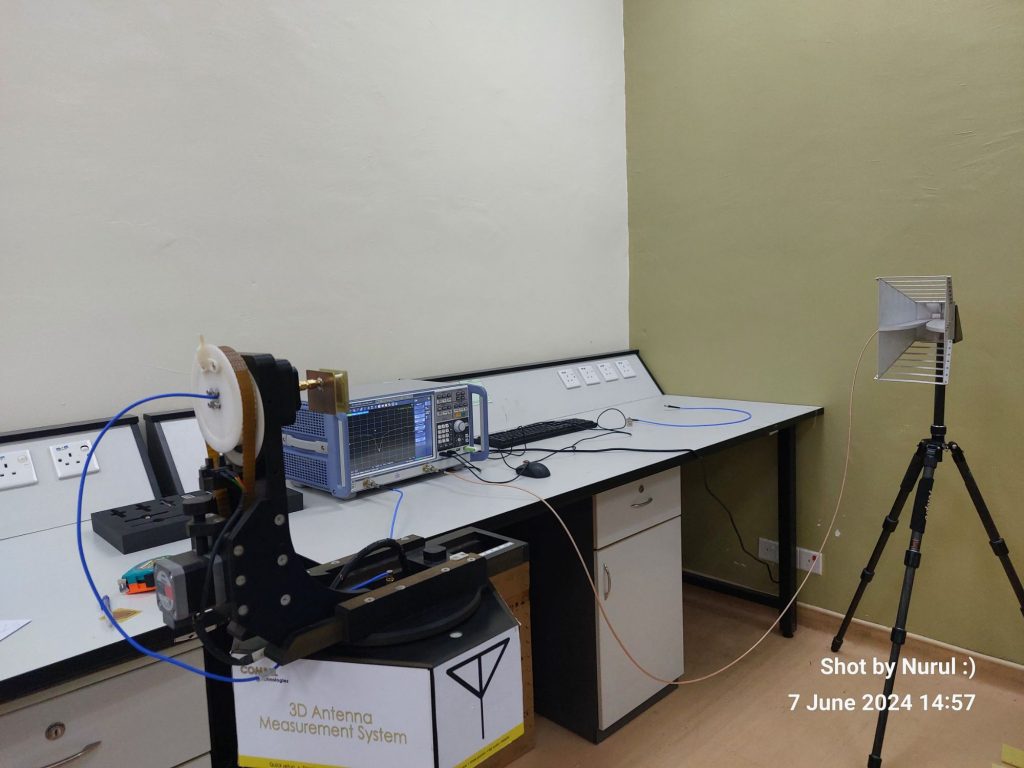
Today’s BTE 1522 class was an exciting dive into the world of GPS technology and its integration with Raspberry Pi. We explored the essential concepts, from importing relevant Python modules for GPS functionality to circuit construction and function coding. This session is a crucial part of our project development series, providing students with hands-on experience in incorporating GPS modules into their Raspberry Pi projects.
Global Positioning System (GPS) is a satellite-based navigation system that provides geolocation and time information to a GPS receiver anywhere on or near the Earth. Integrating GPS into Raspberry Pi projects opens up numerous possibilities, such as tracking, navigation, and location-based services, which are pivotal in various applications like autonomous vehicles, drones, and IoT devices.
Components Needed:
Steps:
Connecting the GPS Module:
Powering Up: Power on the Raspberry Pi and ensure all connections are secure.
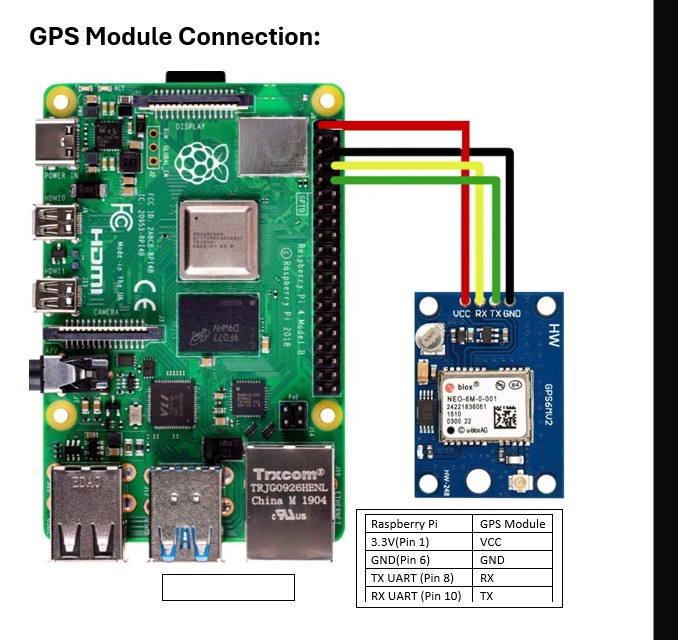
Python Modules:
gpsd: A popular library for interfacing with GPS modules.serial: A library for handling serial communication.UART Communication:
Installing Libraries:
sudo apt-get install gpsd gpsd-clients python-gps
Python Code Example:
import gpsd
# Connect to the local gpsd
gpsd.connect()
# Get GPS data
def get_gps_data():
packet = gpsd.get_current()
latitude = packet.lat
longitude = packet.lon
time = packet.time
return latitude, longitude, time
# Print GPS data
lat, lon, timestamp = get_gps_data()
print(f"Latitude: {lat}, Longitude: {lon}, Time: {timestamp}")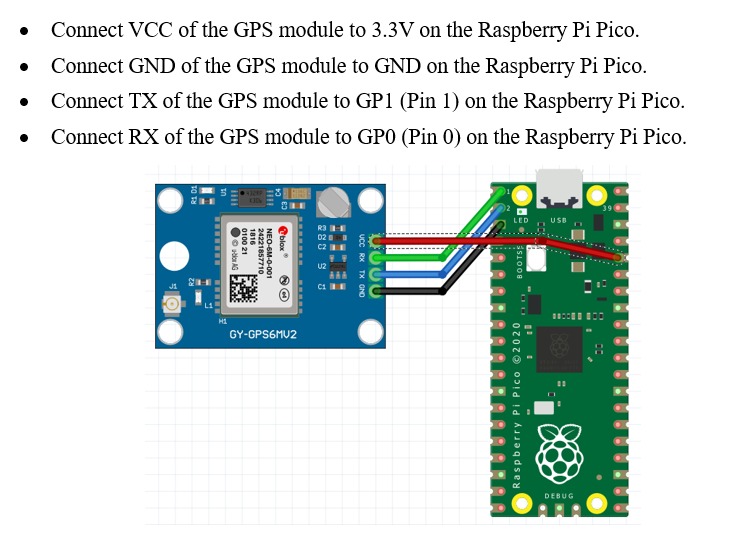
I2C Communication:
Enabling I2C:
sudo raspi-config
Navigate to ‘Interfacing Options’ and enable I2C.
Python Code Example:
import smbus2
import time
bus = smbus2.SMBus(1)
address = 0x42 # Replace with your GPS module's I2C address
def read_gps():
data = bus.read_i2c_block_data(address, 0, 16)
return data
while True:
gps_data = read_gps()
print(gps_data)
time.sleep(1)
UART (Universal Asynchronous Receiver-Transmitter):
I2C (Inter-Integrated Circuit):
Integrating GPS functionality into Raspberry Pi projects offers a robust foundation for creating advanced IoT applications and location-based services. Today’s class provided a comprehensive understanding of the hardware setup and coding techniques necessary to harness GPS data effectively. As we move forward, these skills will be crucial for the final project development phase, enabling students to implement sophisticated and innovative solutions.
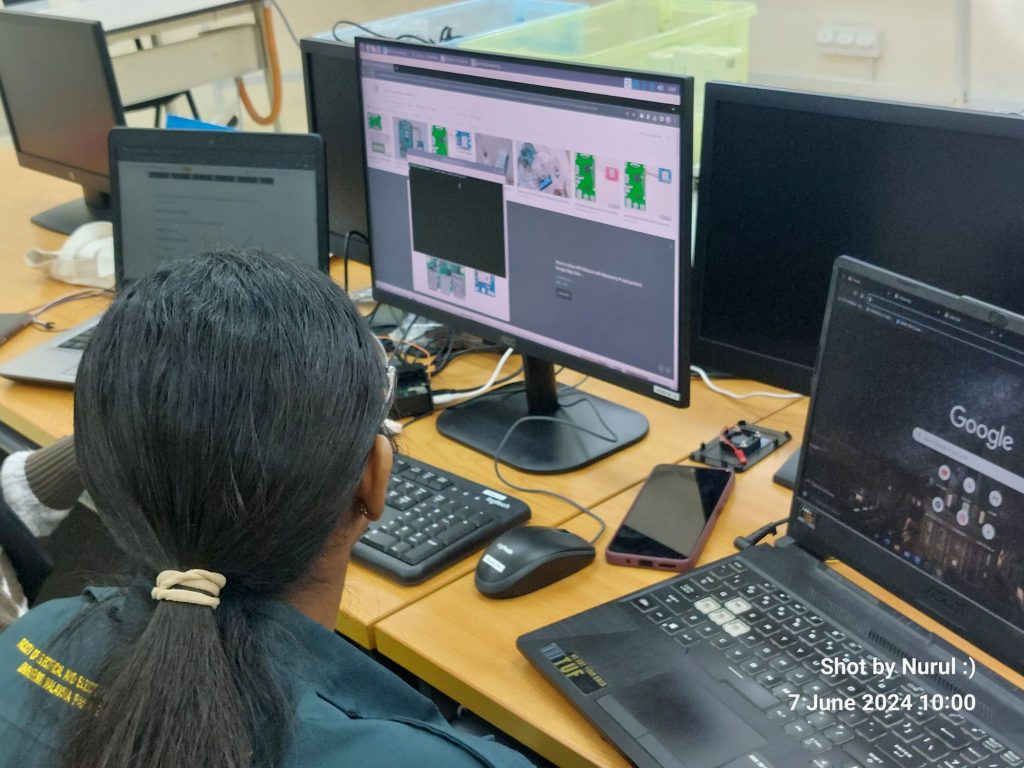
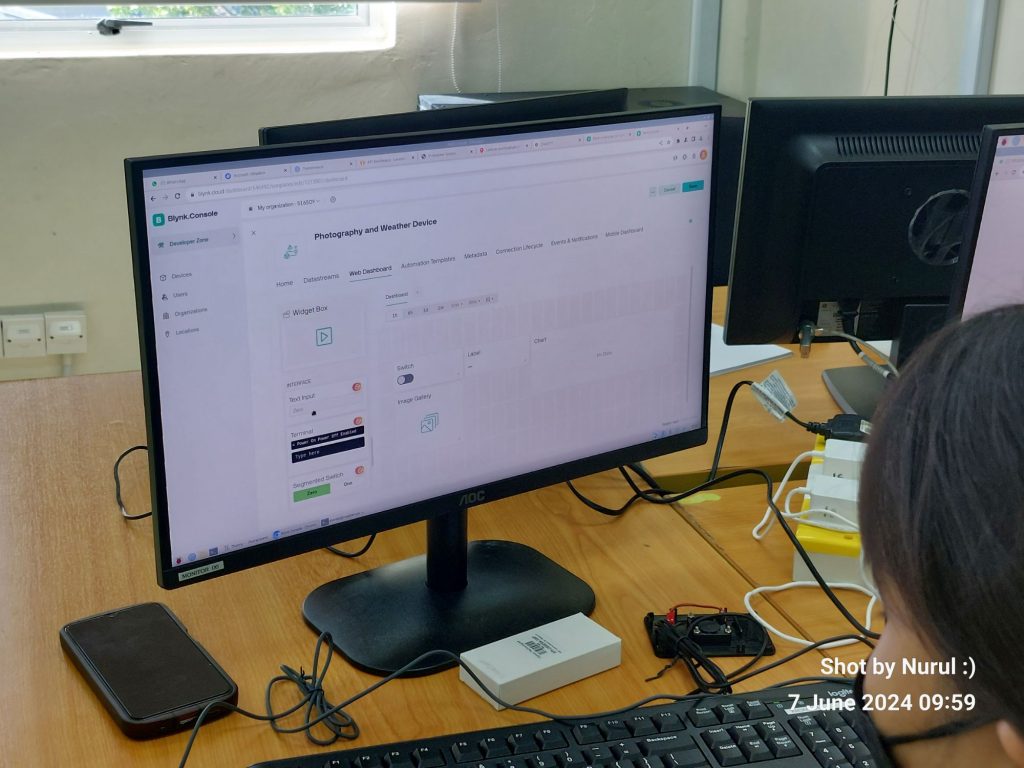
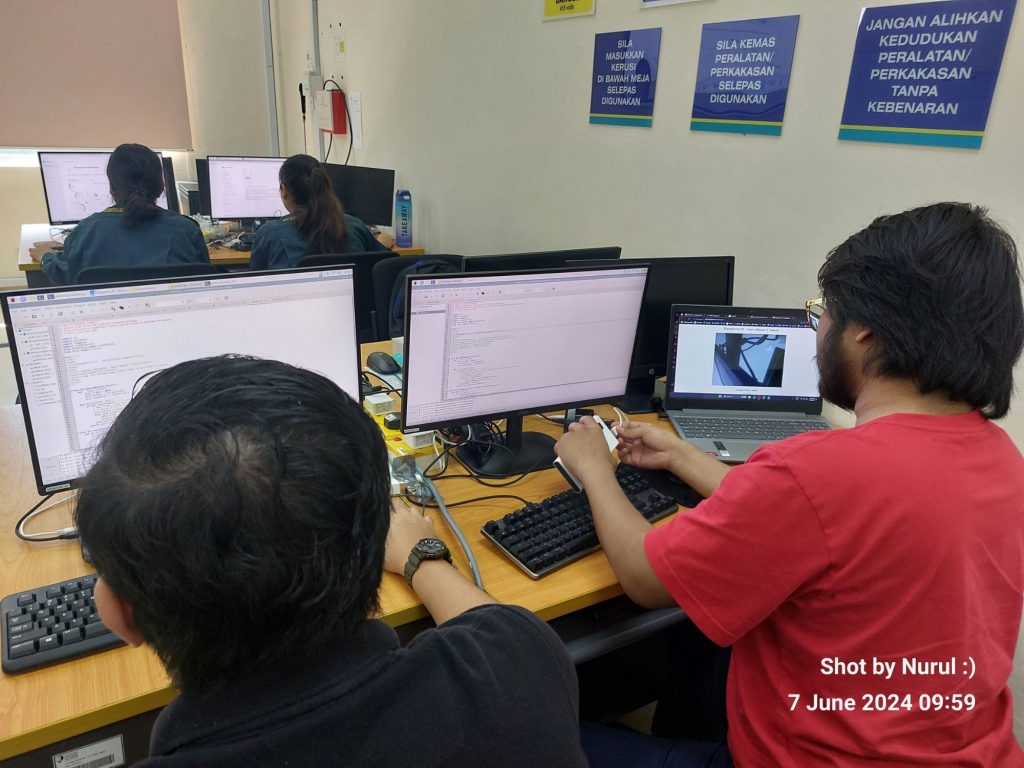
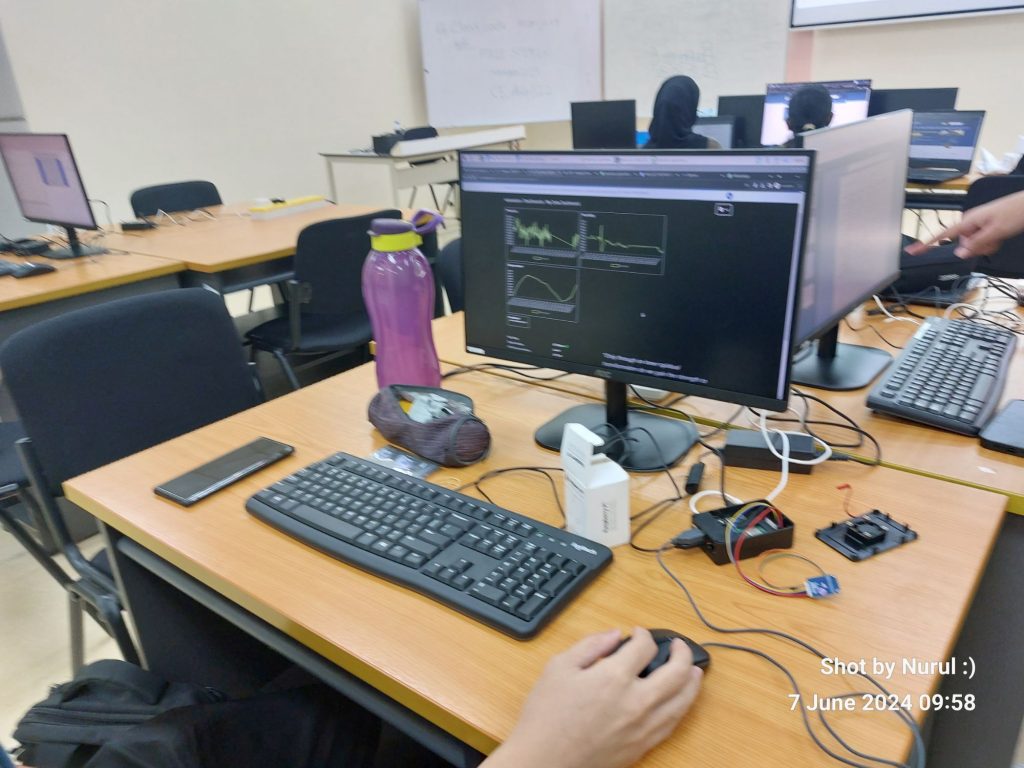
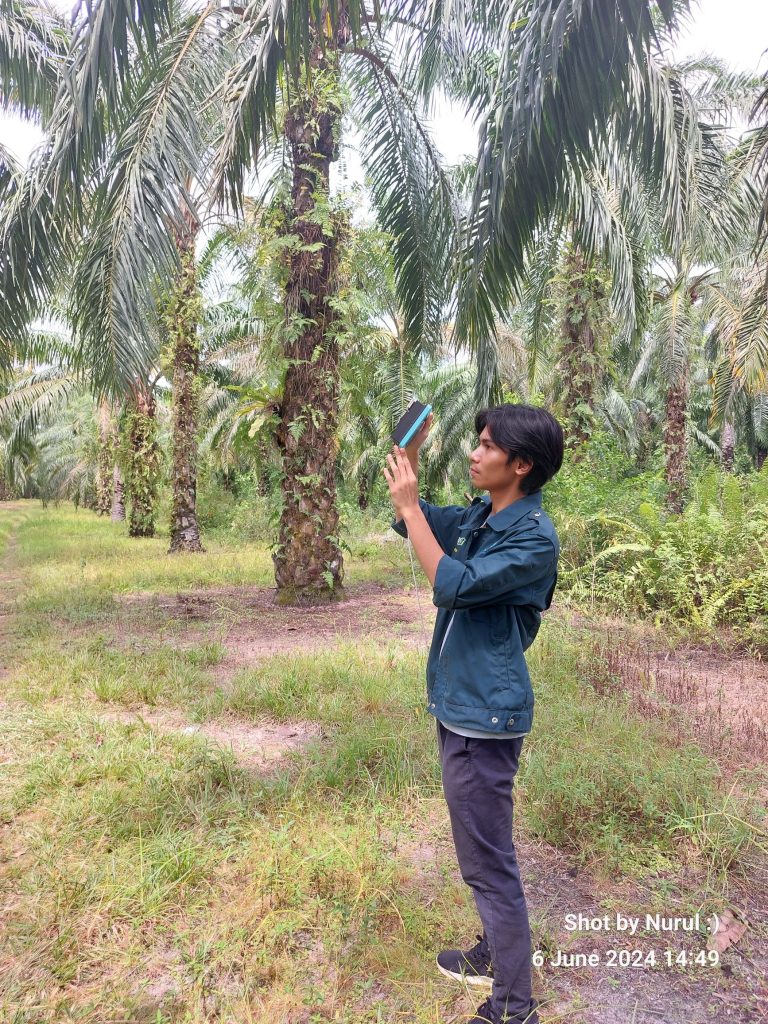


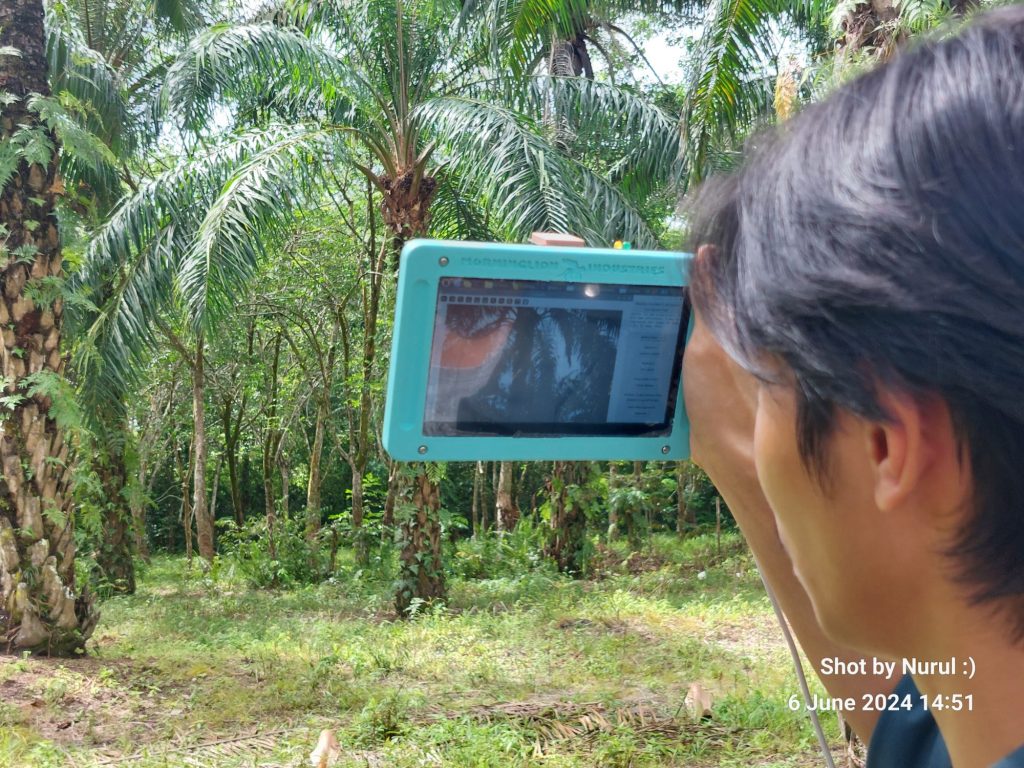


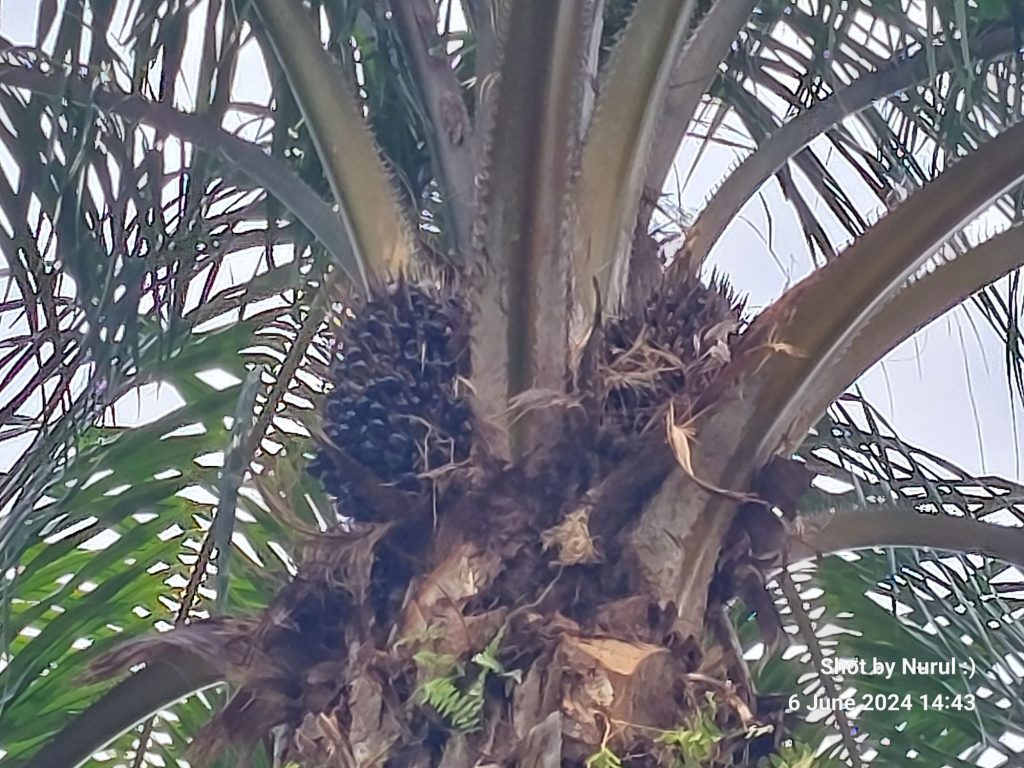

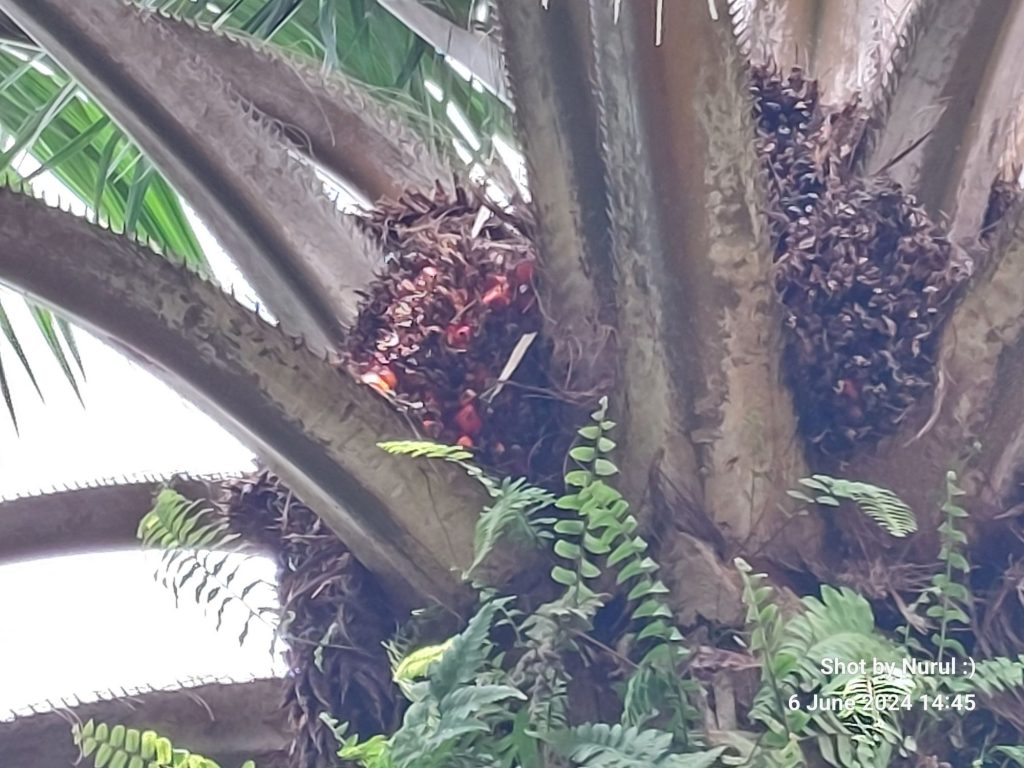
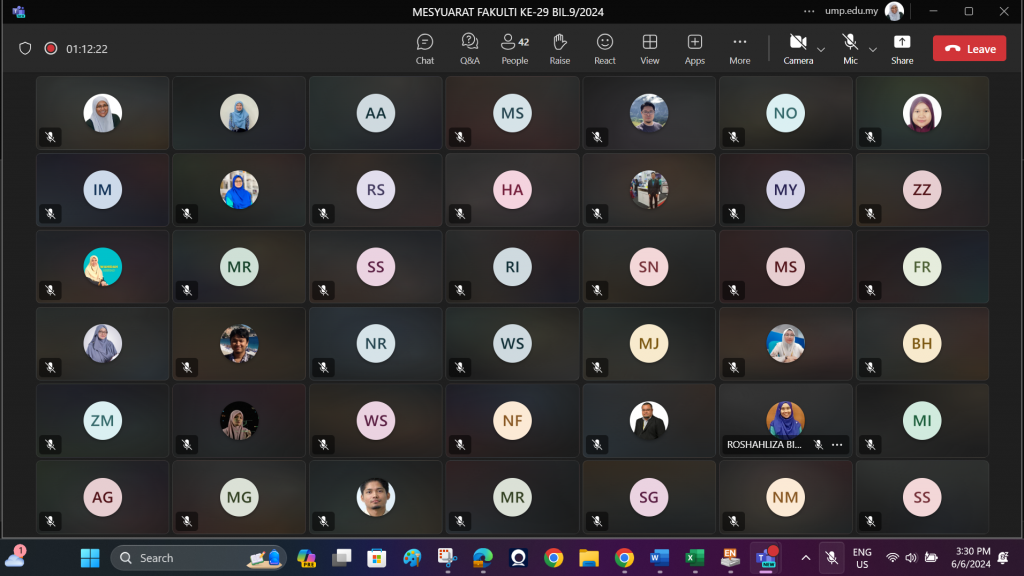
Senior Design Project for undergraduate program in FTKEE.













Today, the BTE3232 Communication System Design Laboratory had the honor of hosting Dr. Eng. Agussalim, S.Pd., MT from Magister of Information Technology UPN “Veteran” Jawa Timur for a global classroom initiative. Dr. Agussalim’s lecture, titled “An Alternative Data Collection Method for IoT Devices in a Smart Environment Scenario using Delay-Tolerant Network,” provided valuable insights into innovative approaches to data collection in IoT environments.

An Alternative Data Collection Method for IoT Devices in a Smart Environment Scenario using Delay-Tolerant Network
In today’s world, where everything is connected through technology, we use many smart devices that gather data. But sometimes, these devices struggle to collect data in areas with poor or intermittent internet connections. To solve this problem, there is a new method called Delay-Tolerant Network (DTN). DTN allows devices to share data even when the internet connection isn’t always available.













Delay-Tolerant Network (DTN) is a novel networking paradigm that allows for communication in environments where continuous end-to-end connectivity is not guaranteed. Unlike traditional networks that rely on stable connections, DTN employs store-and-forward mechanisms to opportunistically route data packets through intermittent links. This resilience to network disruptions makes DTN particularly well-suited for IoT applications in smart environment scenarios, where reliable data collection is paramount.
Discussion on the Questions Asked During the Session
During the session, Dr. Agussalim addressed a range of questions, shedding light on the intricacies of Delay-Tolerant Networks (DTN) and their applications in IoT environments. Here’s a summary of the key points discussed:










Reflection
As a participant in this global classroom initiative, I found Dr. Agussalim’s lecture to be interesting and relatable with the work we are currently developing involving IoT Applications on UMP STEM Cube. Delay-Tolerant Networks is indeed an alternative data collection methods for IoT devices, opening up new avenues for research and innovation. I look forward to future opportunities to engage with experts from other universities, as it offers a valuable platform for exchanging ideas and learning from diverse perspectives.
In particular, this session underscored the importance of understanding the network aspect of IoT, highlighting its critical role in shaping the future of smart environments.
Nurul Hazlina, June 3rd.

Nice meeting and discussing with Dr Bell